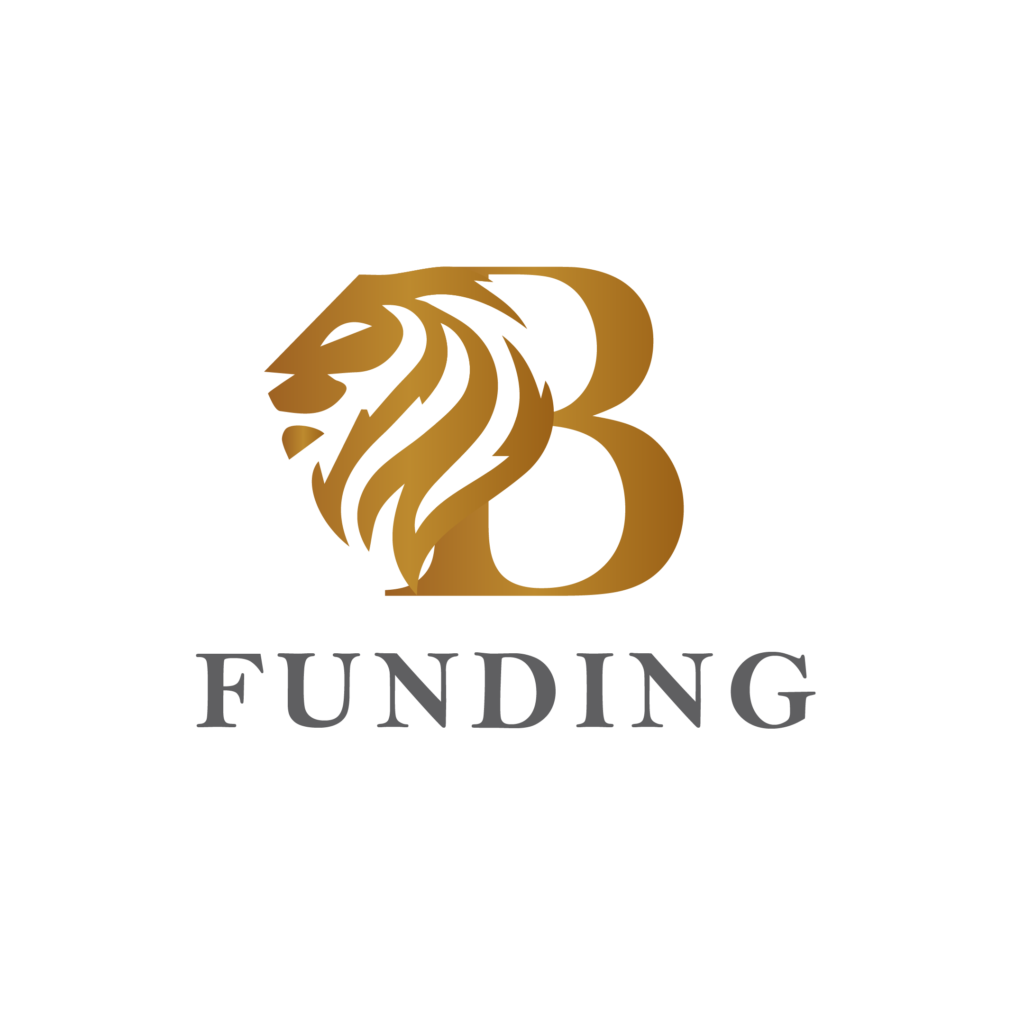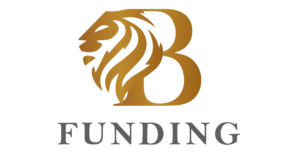Starting and growing a small business requires access to funding, and a small business loan can be an excellent source of financing. However, many entrepreneurs are concerned about the impact of a small business loan on their personal credit score. Your credit score is a crucial factor in your financial well-being, affecting your ability to secure credit and loans in the future.
In this article, we’ll explore the question, “Does a small business loan affect your personal credit score?” We’ll explain how small business loans work, the factors considered by lenders when approving loans, and the impact of a small business loan on your personal credit score.
Additionally, we’ll provide practical tips to minimize any negative impact on your credit score and ensure that you manage your business loan effectively. So, whether you’re considering a small business loan or have already taken one out, keep reading to learn more about its impact on your credit score.
How does it Work?
Small business loans are a form of financing that entrepreneurs can use to start or grow their businesses. Lenders offer different types of loans to suit various business needs, such as term loans, lines of credit, equipment financing, and Small Business Administration (SBA) loans.
Types of Small Business Loans:
Small business loans are a great way to obtain funding for entrepreneurs to start or grow their businesses. They come in different shapes and sizes, depending on your specific needs. Let’s take a closer look at the different types of loans available for small businesses.
Term Loans:
Term loans are a lump sum of money that borrowers repay over a fixed period, typically ranging from one to five years. These loans are suitable for larger investments, such as purchasing real estate or expanding operations.
Lines of Credit:
A line of credit is a revolving loan that gives borrowers access to a set amount of funds they can draw upon as needed. Businesses can use lines of credit to manage cash flow or finance short-term expenses.
Equipment Financing:
Equipment financing is a loan that businesses can use to purchase or lease equipment, machinery, or vehicles. The equipment serves as collateral for the loan.
SBA Loans:
SBA loans are government-backed loans designed to help small businesses access financing with favorable terms and rates. SBA loans are available for a range of purposes, including starting a business, buying equipment, or refinancing debt.
How to Apply for it:
To apply for a small business loan, you’ll need to prepare your financial and business documents, including:
- Personal and business tax returns
- Business plan
- Financial statements
- Bank statements
- Proof of business ownership
Once you have your documents ready, you can apply for a loan online or through a lender’s branch. The lender will review your application and creditworthiness before deciding whether to approve the loan.
Factors Considered by Lenders in Approving Loans:
Lenders consider various factors when approving small business loans, including:
- Credit score and history
- Business revenue and profitability
- Time in business
- Collateral
- Industry and market conditions
- Business plan and projections
Lenders use these factors to assess the risk of lending to a borrower and determine the loan’s terms and rates. A strong credit score and financial history, a profitable business, and a solid business plan can increase your chances of getting approved for a small business loan with favorable terms.
Impact of Small Business Loans on Personal Credit Score
Small business loans are a popular option for entrepreneurs looking to finance their ventures. However, many small business owners wonder if taking out a loan will impact their personal credit score. In this article, we will explore the two key questions about the relationship between small business loans and personal credit scores.
Does applying for an SB loan affect your personal credit score?
Yes, applying for a small business loan can impact your personal credit score. When you apply for a loan, the lender will typically perform a hard credit inquiry, which can temporarily lower your credit score by a few points. Too many hard inquiries can negatively impact your credit score, so it’s important to only apply for loans that you truly need.
Getting approved for a small business loan does not directly impact your personal credit score. However, the lender may report the loan to credit bureaus, and if you make late payments or default on the loan, it can negatively impact your credit score.
Does defaulting on SB loans affect personal credit score?
Yes, defaulting on a small business loan can significantly impact your personal credit score. Late payments and defaults are reported to credit bureaus and can stay on your credit report for up to seven years. This can make it difficult to obtain credit in the future and lead to higher interest rates on loans.
Small business loans can impact your personal credit score in various ways. Applying for a loan can result in a temporary decrease in your credit score while defaulting on a loan can have a long-term negative impact on your credit score. It’s important to manage your loans responsibly and make payments on time to avoid damaging your credit score.
Tips to Minimize Negative Impact on Personal Credit Score
Small business loans can be a useful tool for entrepreneurs to grow their businesses, but it’s important to manage them responsibly to avoid damaging your personal credit score. Here are three tips to help you minimize the negative impact of small business loans on your personal credit score:
1. Keeping personal and business finances separate:
One of the best ways to protect your personal credit score is to keep your personal and business finances separate. Open a separate business bank account and use it exclusively for business-related transactions. This will help you keep track of your business expenses and avoid mixing personal and business finances, which can lead to confusion and financial mismanagement.
2. Paying bills on time:
Late payments can have a significant negative impact on your credit score, so it’s important to pay your bills on time. Set up automatic payments to ensure that you never miss a payment, and monitor your accounts regularly to ensure that all payments are being processed correctly.
3. Making partial payments:
If you’re struggling to make your loan payments, consider making partial payments instead of skipping payments altogether. Partial payments can help you stay current on your loan and avoid default, which can have a significant negative impact on your credit score. Contact your lender if you’re having trouble making payments and see if they can work out a payment plan that works for you.
Managing your small business loans responsibly is essential to protecting your personal credit score. By keeping your personal and business finances separate, paying bills on time, and making partial payments when necessary, you can minimize the negative impact of small business loans on your credit score and ensure that you’re on the path to financial success.
Final thoughts:
Small business loans can be a valuable tool for entrepreneurs looking to grow their businesses, but it’s important to manage them responsibly to avoid damaging your personal credit score. By following the tips provided in this article, you can minimize the negative impact of small business loans on your credit score and set yourself up for financial success.
If you’re considering applying for a small business loan, take the time to research lenders and loan options carefully. Make sure you understand the terms of the loan and the impact it may have on your personal credit score. By being informed and responsible, you can make the most of small business loans and achieve your entrepreneurial goals.


